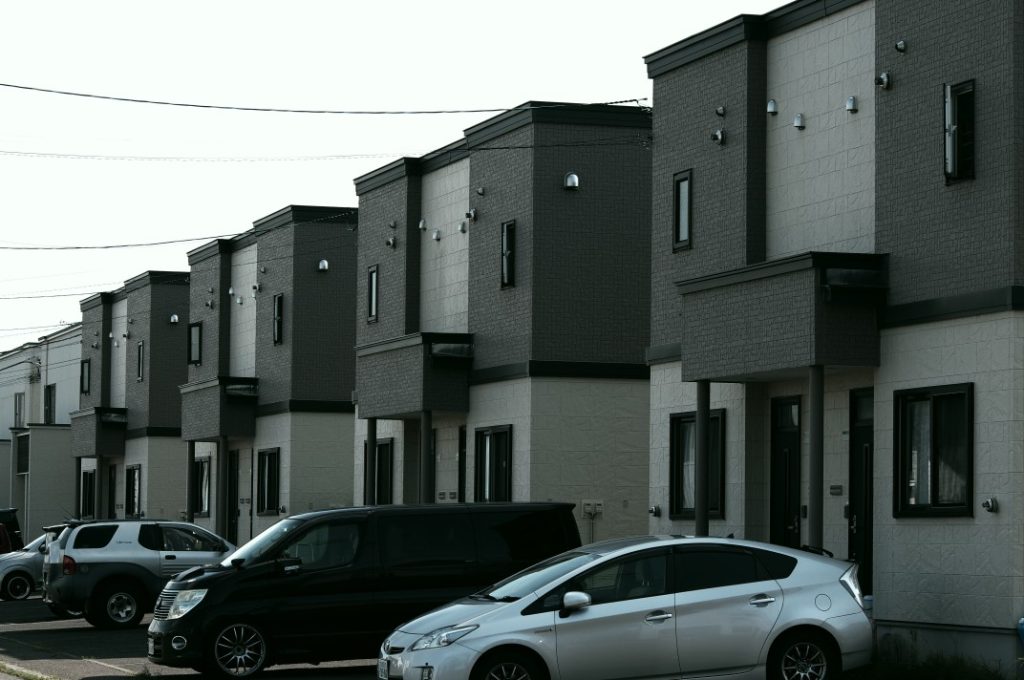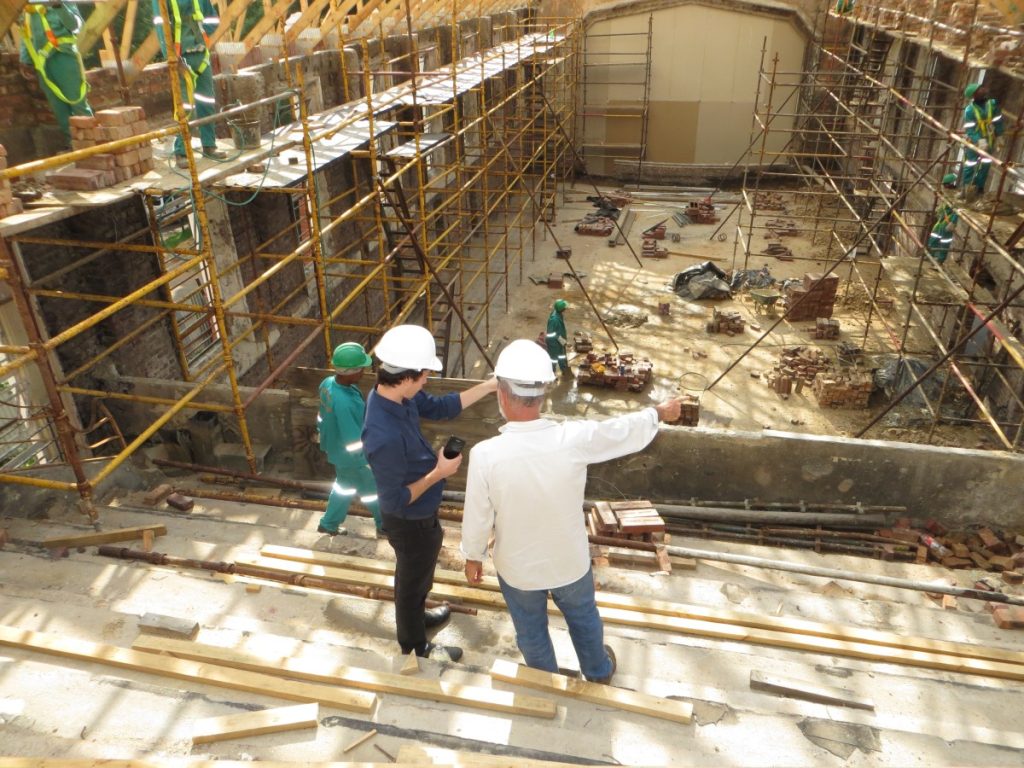Reaching the first rung of the property ladder comes at a greater expense than simply the financial means required to make it happen, as mental health, relationships, and careers are often compromised in the process, according to new research.
Almost half of the recent first-time buyers experienced some form of turmoil in a bid to secure their first property, but 72% of those said that the experience was worthwhile, while 84% believe they are now stronger as a result.
The latest study, carried out by the specialist bank, Aldermore, found that 52% of first-time buyers became ill at some point due to stress – an increase from the 35% recorded in 2017.
The spike in the number of reported cases of stress is largely being blamed on the fact that so many deals fall through, and 2018 saw a 12% increase in the number of buyers who stated that the relationship with their partner had become strained during the buying process – up from 34% in 2017 to 46%.
Furthermore, 43% of first-time buyers who were originally self-employed were forced into employment elsewhere due to the difficulties faced when trying to secure a mortgage, up from 32% in 2017.
‘With the average first-time homeowner taking almost six years to get on the property ladder, it is understandable that they will face challenges and hurdles along the way. However, it is concerning how negatively the house buying process is impacting health, personal relationships, and careers,’ said Damian Thompson, director of mortgages at Aldermore.
‘First-time buyers experience huge amounts of pressure when looking for their first home, and our latest research shows that this has significantly increased over the past 12 months; this can be assigned to the fact that buying a first home feels more out of reach than ever before,’ he added.
According to Nicky Lidbetter, chief executive officer of charity Anxiety UK, moving house can be a stressful event for anyone and frequently represents a time of transition and change. ‘For first-time buyers, typically young people, this big life event can come at a time when people are already coping with other life stressors including maintaining employment, building relationships, and starting a family,’ said Lidbetter.
‘As such, I am not at all surprised to hear that their wellbeing has been found to be adversely affected through the buying process, particularly with the rise in house prices. This has been somewhat reflective of the increased rates of anxiety, stress, and anxiety-based depression that we are seeing in all areas of society, and indeed here at Anxiety UK,’ she added.
However, more encouragingly, 72% of those surveyed this year said that the struggle was worth it in the end, and even more stated that they found the experience empowering, up from 69% to 84%.
Moreover, 72% also said that once they were eventually settled in their property, the turbulent experience beforehand had brought them closer together.
‘Becoming a homeowner can be a very satisfying and rewarding experience. It is reassuring to see so many first-time buyers express a sense of empowerment that has made navigating the pitfalls of the house buying process worth it,’ Thompson explained.
Lidbetter added that buying the first house can be seen as part of the natural progression into adulthood. ‘It is something we all have to learn to cope with. Getting through successfully and with relatively little stress is much more likely if you take care of your mental wellbeing and the good news is that this doesn’t necessarily mean spending more money,’ she pointed out.
‘For those with higher levels of stress and who may be at the point of developing an anxiety disorder, we recommend seeking help. Your GP is well placed to provide advice and information. Anxiety UK to offers a range of accessible support services, including a national network of trained anxiety experts, developed to fit around people’s modern, busy schedules,’ she concluded.









